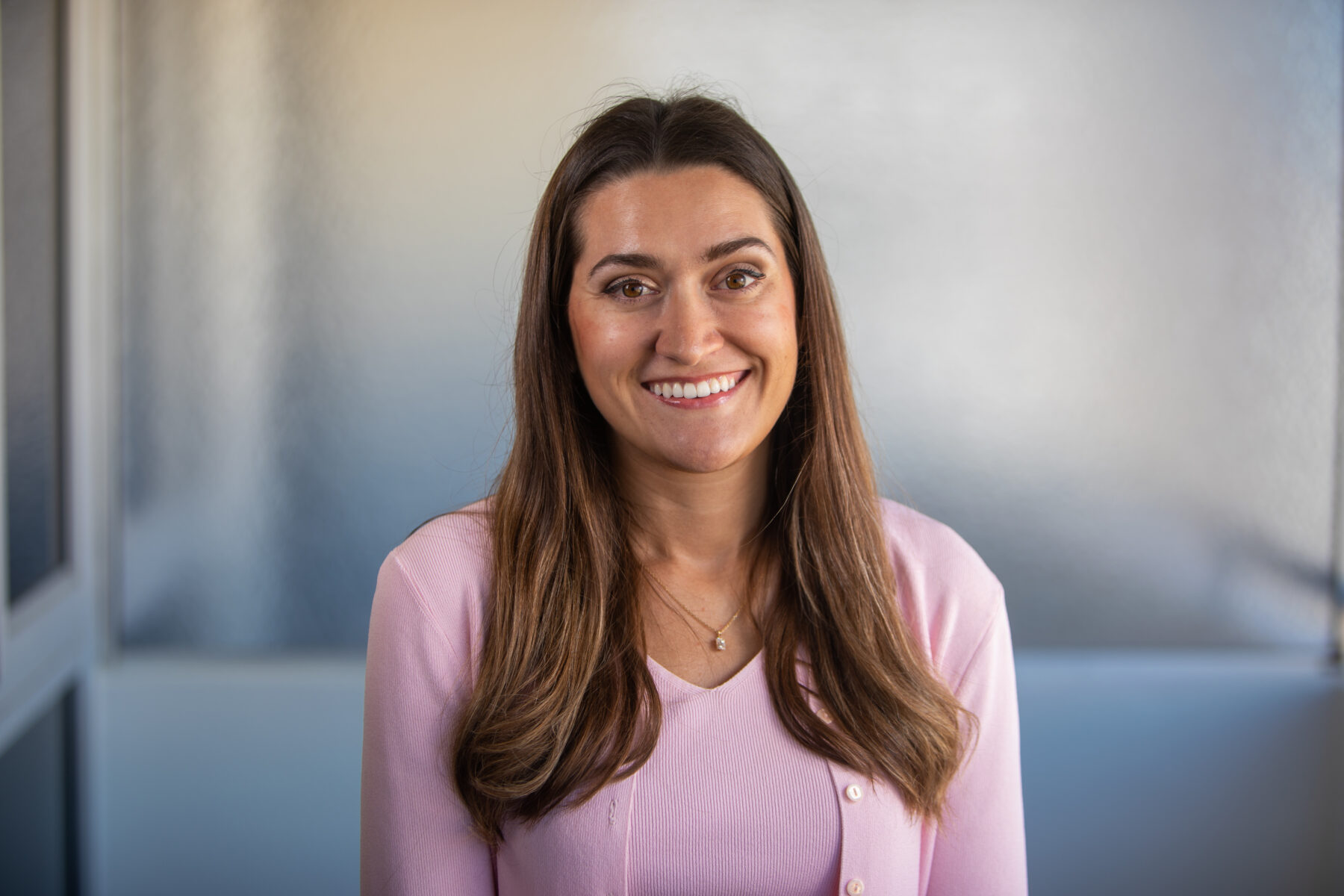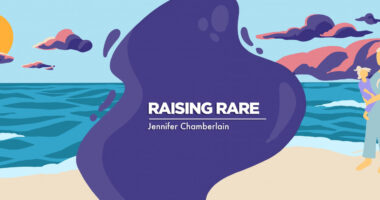A CF patient advocate’s mission is to improve clinical trials
Ella Balasa uses her science background to help design studies

Ella Balasa uses her science background and lived experience with cystic fibrosis to amplify the patient voice. (Courtesy of Ella Balasa)
As a child, Ella Balasa was no stranger to hospital stays. Diagnosed with cystic fibrosis (CF) at 18 months, she faced persistent lung infections that often required weeks-long courses of antibiotics, multiple times a year.
“I was always in the hospital needing treatment,” Balasa, now 33 and living in Tampa, Florida, recalls.
Her CF symptoms continued into adulthood, but CF never defined her limits. She earned an undergraduate degree in biology in 2014. And today, she works as a patient advocate and patient engagement consultant, both roles that allow her to educate patients on CF research and share patient insights with drug development companies.
During college, Balasa joined a microbiology lab studying antibiotic resistance in river water. As she examined how bacteria in the environment adapt and resist treatment, she saw parallels to her own life with life with CF, where bacteria change and resist the effects of an antibiotic.
“Seeing antibiotic resistance present in the environment and the way that these bacteria and antibiotic resistance occur in my own body and my lungs, that was just a really fascinating connection to me,” says Balasa.
This discovery would eventually lead her to pursue a career path that would help broaden the awareness of CF antibiotic resistance and help people with the condition better understand scientific research.
Volunteering leads to a career
After graduation, Balasa worked part-time as an environmental microbiology lab manager. But as she continued to experience CF symptoms, she realized that she needed to explore other career options. She knew she wanted to be a voice for patients with CF by merging her science background with her personal knowledge of the disease.
In 2018, she began volunteering with the Cystic Fibrosis Foundation and other CF organizations and became a columnist for Cystic Fibrosis News Today.
That work laid the foundation for her current role as a “professionalized patient.” She now advises pharmaceutical companies on the patient perspective in drug development, speaks at events, and creates materials to educate patients about CF research and clinical trials.
One pivotal moment in Balasa’s journey came in 2019, when she became very sick with a drug-resistant infection. She decided to connect with researchers at Yale who were studying phage therapy, an experimental treatment that uses viruses to target and destroy bacteria to fight bacterial infections.
Deciding to give it a try, she traveled to Yale from Richmond, Virginia, where she lived at the time, and received the treatment for about a week.
Though the experimental phage therapy helped to treat that specific infection, it was not a permanent solution.
Balasa continues to live with bacterial colonization, or the presence of various bacteria in the lungs, and continues to experience CF symptoms. She currently has 27% lung function and gets winded quickly from strenuous physical activity. “Even walking too many flights of stairs can be challenging,” she says.
She relies on a regimen of medications and daily breathing exercises that help to clear mucus from the lungs.
A central part of Balasa’s work now focuses on improving how clinical trials are designed and conducted.
She helps pharmaceutical companies design clinical trials that are more responsive to patients’ needs. For example, she helps assess the feasibility of certain proposed requirements, such as how often participants need to go to a clinic.
While Balasa isn’t eligible to enroll in most trials due to exclusion criteria, she encourages others with rare diseases to do so if they can.
“I am a proponent of participating in trials, in potentially advancing research and knowledge when it comes to novel therapeutics,” she says.
Even though trials may not help every participant, individual participation can deepen the scientific understanding of the disease and benefit the CF community, Balasa says. It’s “an altruistic act,” she says, “where we’re maybe helping future generations.”








